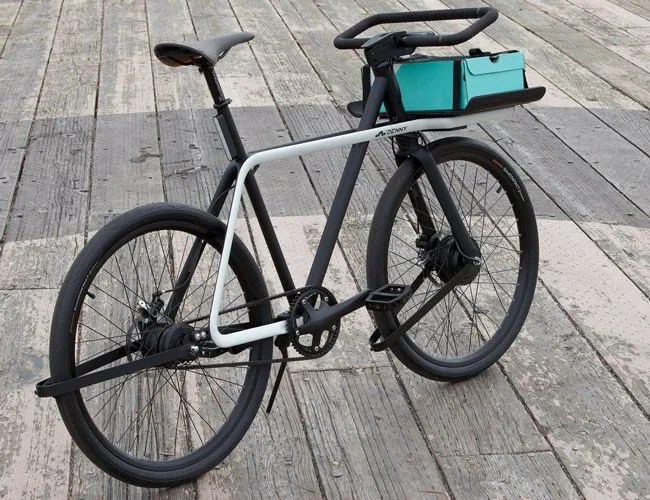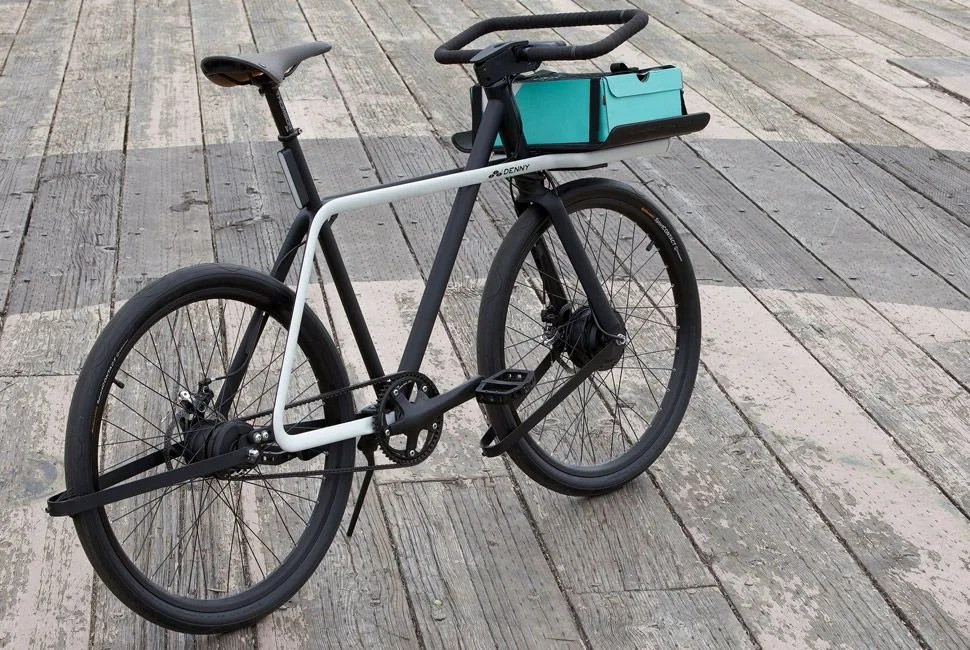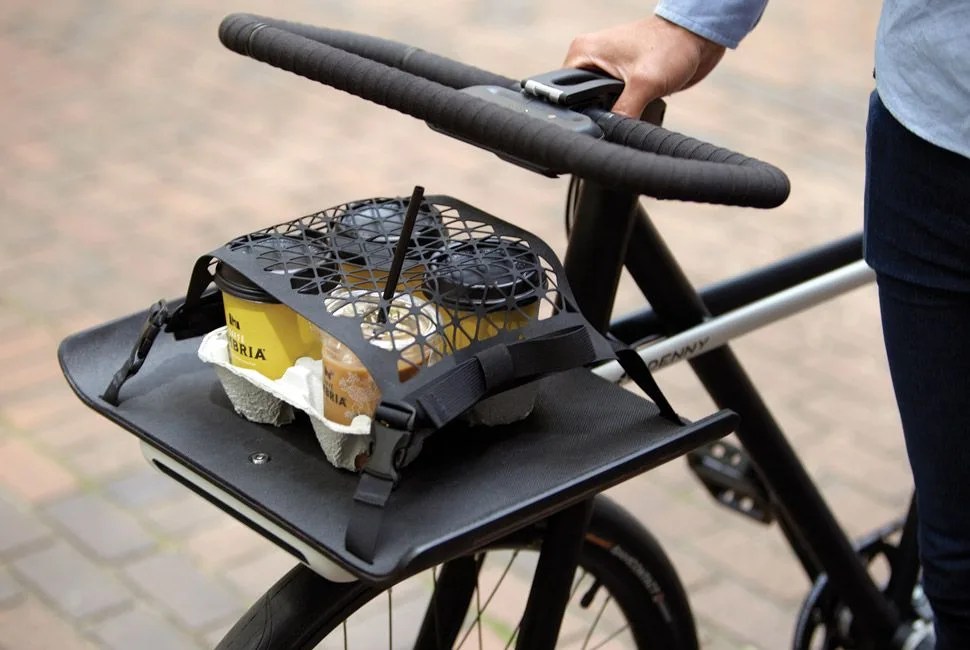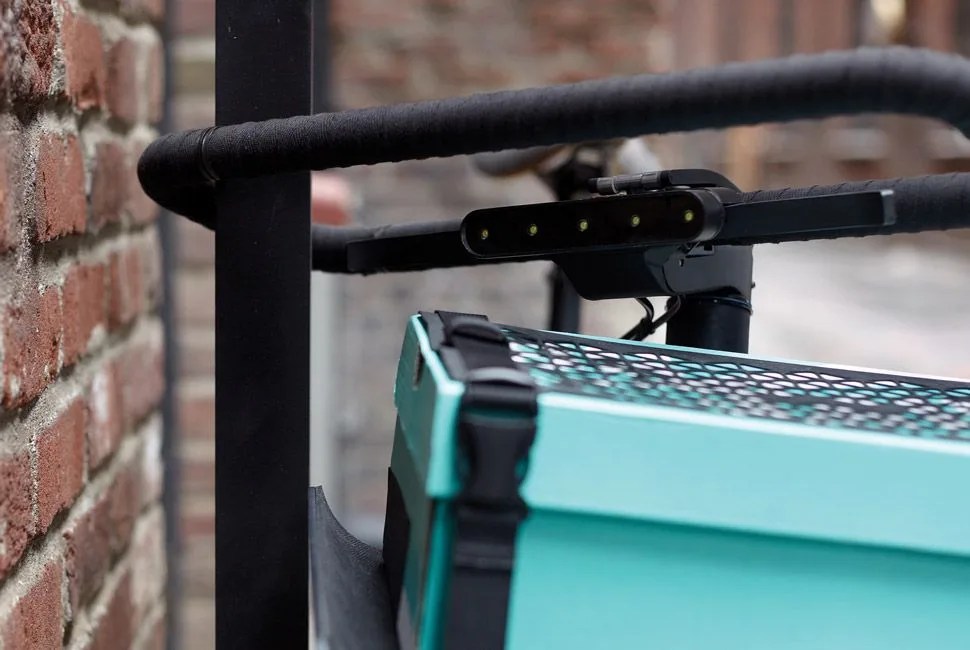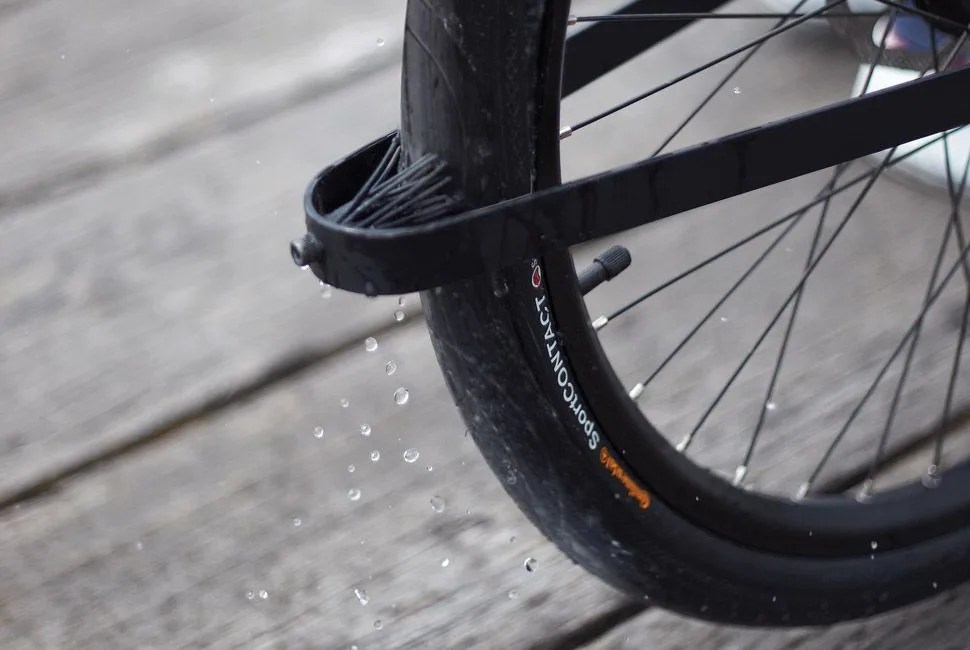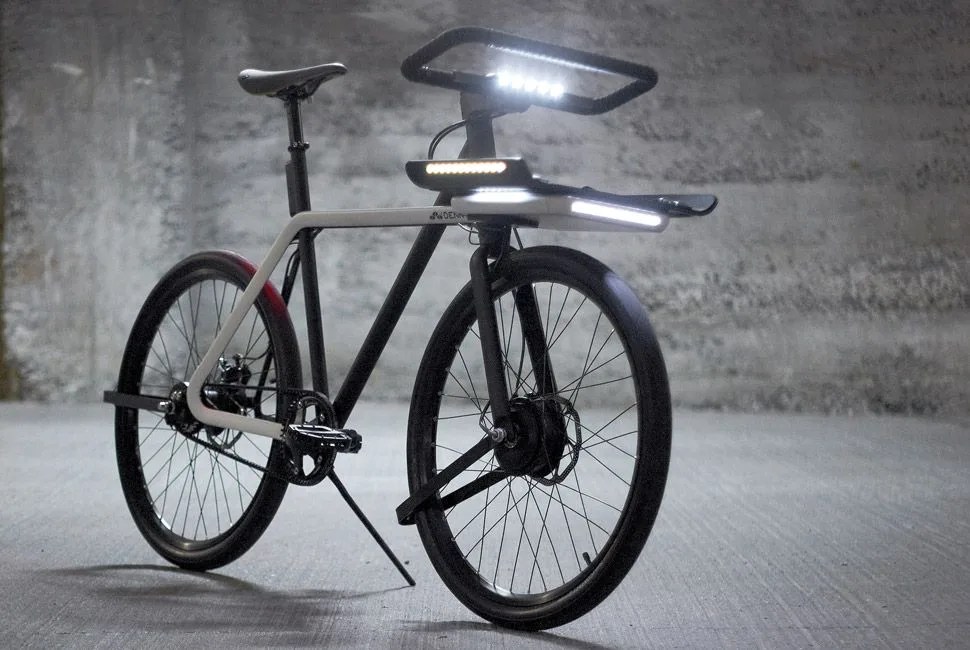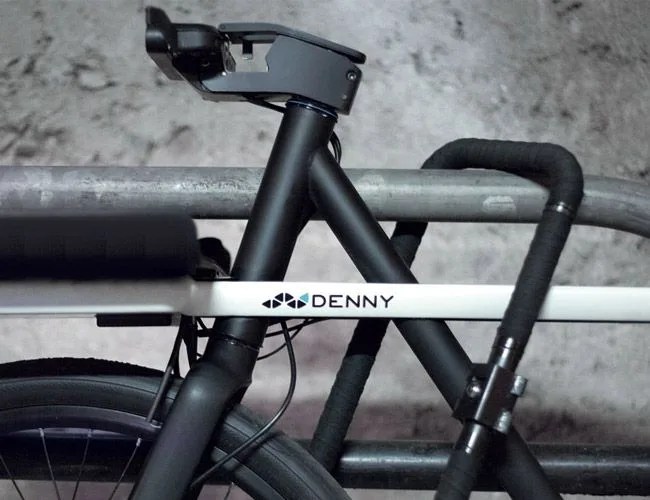5 photos
For city dwellers, there are trade-offs with commuting with a bicycle. Yes you can store it in your apartment, but it won’t lug all your crap. Parking isn’t an issue, but bikes are easy for thieves to nab. You can ride your bike in some places cars can’t go, but have fun peddling up that incline.
MORE CYCLING: Biking North on the Oregon Coast | Best Bike Helmets of 2014 | Buying Guide: Indoor Cycling Trainers
Solving these problems is the sole purpose of Oregon Manifest’s Bike Design Project. Bicycle builders and high-level design firms from five different cities (NYC, Portland, Chicago, Seattle and San Francisco) are partnered up and compete to create a city-oriented bike for consumers that most effectively addresses common city cycling difficulties.
The Seattle-based team of Teague and Sizemore Bicycle was the winner this year, gaining the most online votes for their Denny concept. The victory wasn’t achieved with 3D printing, bluetooth, space-age materials or jet-like aerodynamics (this despite the fact that Teague helps design Boeings). Instead, the Denny plans to solve the everyday woes of the bicycle commuter through simple yet clever design.
While the Denny’s features are on par with some of the highest-tech bikes on the market, its bread and butter solutions are based on simpler innovations.
Admittedly, the bike doesn’t look as elegant as one might expect. For the most part, it looks like your typical bicycle — its minimalist frame, painted in a two-tone white-and-black livery, is almost reminiscent of a road bike, but the large, looped handlebars and jutting front tray are sure to confuse onlookers. However, their peculiar form follows their brilliantly useful function.
